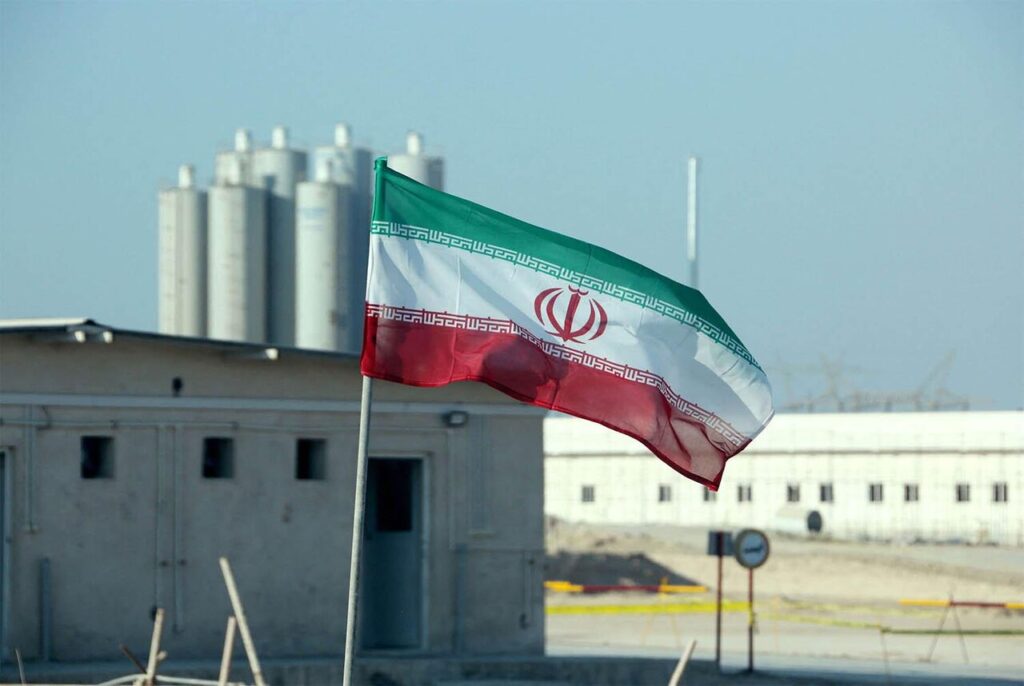MADRID – Ayatollah, the leader of the Islamic Revolution, declared Ali Khamenei and rejected “absurd demands” from the US in ongoing nuclear negotiations on Tuesday.
In a rebellious public speech, he emphasized that Tehran would not seek permission from foreign forces to enrich uranium, and argued that the Islamic Republic would continue its path of sovereignty and refuse all external levies.
“They say, “We won’t allow Iran to enrich uranium.” It’s fantasy. “The Islamic Republic has its own policies and does not change them under threat or pressure,” he added.
His remarks are at a time when caution surrounding the negotiation process is growing, and major differences have yet to be resolved. Despite the continued contact information, the dialogue raises tension and makes little clear about the next step. Meanwhile, media campaigns at outlets, consistent with Washington, are increasingly portraying Iran as a major obstacle to progress. Tehran sees international awareness as a deliberate attempt to shape its international awareness and take responsibility for the collapse of its collapse on Iran.
Between Diplomacy and Spin: The Unstable Balance of Nuclear Trade
Ayatollah Khamenei’s speech is not considered an isolated explosion. From an Iranian perspective, the negotiation process is undermined by a unilateral demand that rather than encourage agreement, it cultivates the perception that Washington is focused on imposing narratives rather than reaching a balanced compromise.
The US position continues to link any transaction to a complete halt of uranium enrichment. Tehran deems unacceptable as it understood the right to pursue peaceful nuclear technology under the Nuclear Non-Proliferation Treaty (NPT). Iran, a signatory to the NPT, argues that its activities remain within the legal framework of the treaty.
Against this backdrop, Esmaril Baghihai, a spokesman for Iran’s Ministry of Foreign Affairs, said this week that Iran has not received a formal proposal from the US, contradicting claims in Western media. “There was a verbal idea, but nothing formal has been submitted,” he said.
Washington’s strategy appears to be increasingly focused on managing public perceptions rather than promoting meaningful diplomacy. Rather than seeking a practical solution, the US is seen as trying to shape its global narrative in a way that preemptively denounces Iran for breaking down. This alleges that Iranian officials undermine the trust needed to reach a lasting agreement.
Tehran Dialogue Forum: Betting on Regional Diplomacy
In parallel with Ayatollah Khamenei’s comments, Tehran hosted the Tehran dialogue forum, bringing together Iranian officials and regional representatives to discuss the role of West Asia, shaping its own political and diplomatic future.
During the event, President Masuud Pezeshkian emphasized that “Iran’s rights to a peaceful nuclear program are unnegotiable,” and repeatedly said that neither sanctions nor threats would change the state’s stance. “We are signatories of the NPT. Our rights must be respected in the same way as all countries of international treaties,” he emphasized.
Kamal Haraj, head of the Strategic Council on Diplomacy and adviser to Ayatollah Khamenei, used the forum to respond to military threats from Israel and the United States against Iranian nuclear sites. “Iran’s nuclear knowledge is irreversible indigenous peoples. We don’t want nuclear weapons, but the nuclear-free Middle East should be a common goal,” he said.
The growing regional tensions and lack of trust in Western guarantees have led Tehran to pursue a more independent regional security architecture and deepen its relationship with its neighbours. In this regard, Foreign Minister Abbas Araguchi held a trilateral meeting with his counterparts in Oman and Qatar. Omani’s Said Badr Albusadie praised Iran as a responsible actor and reaffirmed Muscat’s trust in diplomacy. Meanwhile, Qatar’s Prime Minister Mohamed bin Abdulrahman al-Thani has expressed support on social media for the Oman-mediated nuclear talks, claiming “regional stability and opportunities for dialogue.”
Uncertain, but still open future
In this tense context, the future of nuclear negotiations remains uncertain. However, Iran continues to show that it is ready to engage as long as its potential agreements are based on mutual respect and supports sovereignty rights without compromising.
Tehran has repeatedly been willing to engage, but insist on a balanced, transparent, pressureless approach. In that view, failure cannot only condemn Iran’s stance, but it must consider the intentional craft of the narrative that places Tehran as blame before the process ends.

